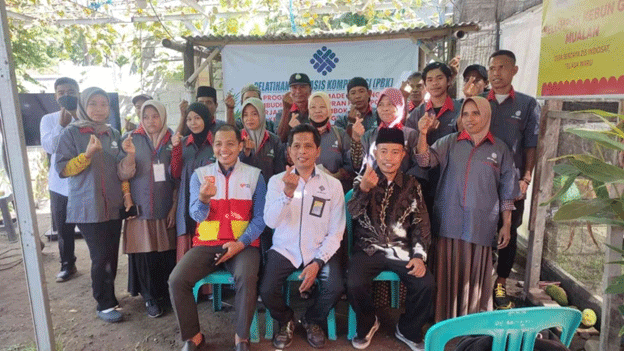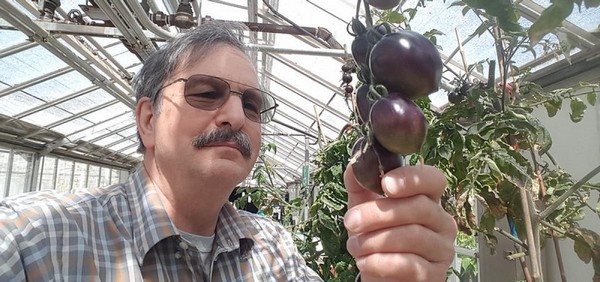In an effort to strengthen local food security and empower communities with sustainable agricultural practices, the BPVP Lotim (Balai Pelatihan Vokasi dan Produktivitas Lombok Timur) has partnered with Kelompok Kebun Gizi Mualan to conduct an 18-day training program on hydroponic vegetable cultivation. The training, held from July 22 to August 14, 2024, at Kebun Gizi Mualan in Telaga Waru Village, attracted participants from diverse backgrounds, including farmers, homemakers, and youth eager to explore new opportunities in agriculture.
Hydroponic farming, a method of growing plants without soil by using mineral nutrient solutions in a water solvent, offers several advantages over traditional farming. These benefits include more efficient use of water, higher yields in limited space, and reduced exposure to soil-borne diseases and pests. Given these advantages, hydroponics is increasingly seen as a viable solution for regions with limited arable land and water resources.
The training program covered a comprehensive range of topics designed to equip participants with both theoretical knowledge and practical skills. The course began with an Introduction to Hydroponics, where participants learned about the basic concepts of hydroponic farming, different hydroponic systems, and how hydroponics compares favorably with conventional agriculture in terms of resource efficiency and environmental impact.
Participants then moved on to Building Simple Hydroponic Systems, where they engaged in hands-on activities to create hydroponic setups using readily available materials such as PVC pipes and plastic containers. They were also trained on how to prepare the nutrient solutions that are essential for plant growth in a hydroponic system.
The Maintenance of Hydroponic Plants module provided insights into daily care practices, including nutrient management, pH level monitoring, and pest control strategies. These skills are crucial for ensuring the health and productivity of hydroponic crops, which require a controlled environment to thrive.
Recognizing the importance of economic sustainability, the training also included a session on Marketing Hydroponic Produce. Participants learned strategies for effectively marketing their hydroponic vegetables in local markets, enabling them to turn their new skills into a source of income. This aspect of the training is particularly significant as it empowers participants to not only grow their own food but also contribute to the economic well-being of their communities.
One of the participants expressed the transformative impact of the training: “I found this training incredibly helpful. Now I can utilize the small space at home to grow hydroponic vegetables. I hope to sell the produce to supplement my family’s income,” said one participant with enthusiasm.
The training initiative has received strong support from local government officials and community leaders, reflecting a broader commitment to sustainable development and food security in the region. The organizers from BPVP Lotim expressed their gratitude to Rumah Zakat for their collaboration and emphasized the long-term vision of the program. “We hope this training continues to grow and benefits more people. Hydroponics can be a solution for food security and improving the local economy,” they stated.
Kelompok Kebun Gizi Mualan, supported by Zis Indosat and Rumah Zakat, is dedicated to providing ongoing mentorship to the training participants. This support will help ensure that the knowledge and skills acquired during the training are effectively applied, leading to tangible improvements in the livelihoods of the participants and their communities.
The hydroponic vegetable cultivation training by BPVP Lotim and Kelompok Kebun Gizi Mualan represents a significant step towards community empowerment and sustainable agriculture. By equipping participants with modern farming techniques and business skills, the program is helping to build a more resilient and self-sufficient community in East Lombok. The success of this initiative highlights the potential of hydroponics to enhance local food security and stimulate economic growth.










